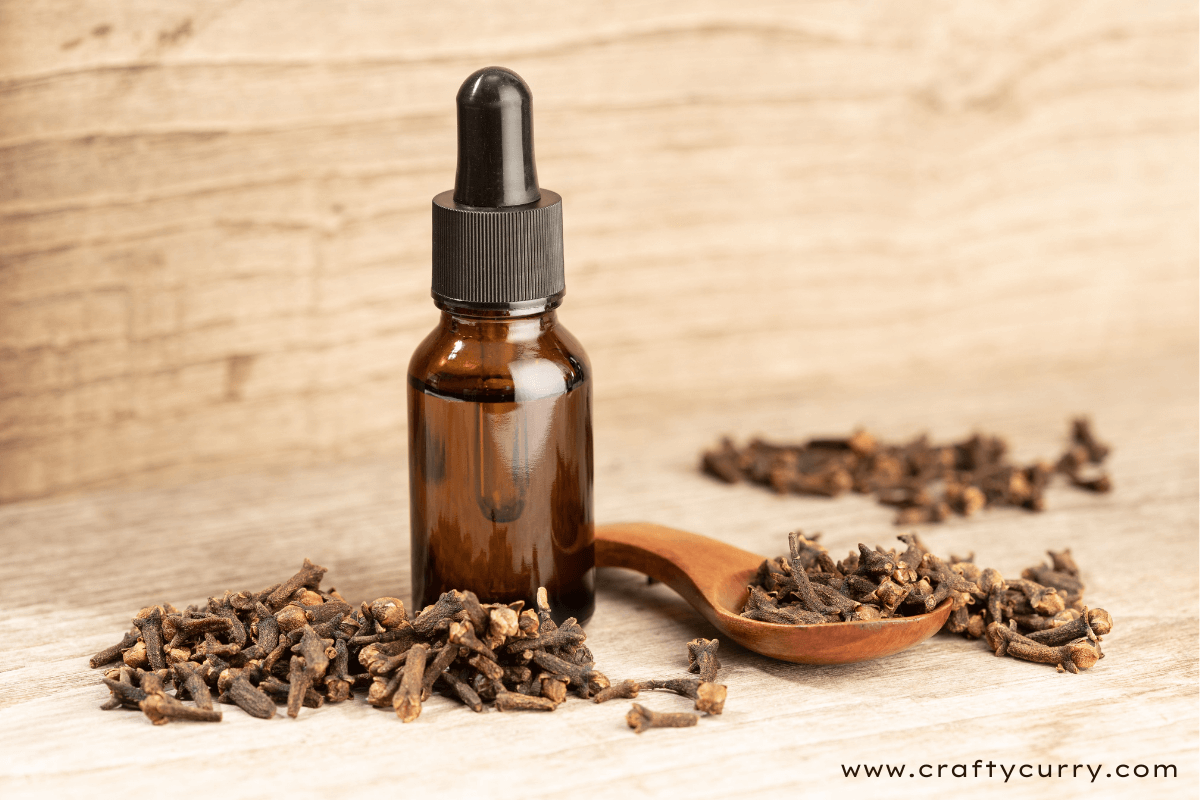
Ah, clove! Not just a tiny brown bud that makes your holiday ham taste heavenly, but a spice that’s been part of human history for centuries. Clove has an incredible story that spans from ancient civilizations to modern kitchens and medicine cabinets. So, let’s journey through the magical history and superpowers of this tiny yet mighty spice! The Magical History of Clove: A Spice of Legends!
The Ancient Roots of Clove
Clove has a rich history that dates back over two millennia. Native to the Maluku Islands in Indonesia, this aromatic spice was once a prized possession that only the wealthiest could afford. Ancient Chinese records from around 200 BC already mention cloves being used as a breath freshener. Imagine a time when an audience with the emperor required chewing cloves to ensure fresh breath—how classy! Even back then, people recognized that cloves had more to offer than just a pleasant aroma.
Clove’s Journey to the West
The allure of cloves was not confined to Asia. By the Middle Ages, cloves made their way to Europe through the spice trade routes. It’s said that Arabian traders kept the origins of cloves a well-guarded secret until the Portuguese discovered the Maluku Islands in the 16th century. For a while, the “Spice Islands” were a hotbed of competition among European powers. To put it in perspective, cloves were once worth their weight in gold! They were used in everything from medicine to food preservation. The “Spice Wars” that ensued only added to the mystique and value of this remarkable spice.
A Modern Staple
Today, cloves are widely available and are a staple in many kitchens around the world. While they are no longer worth their weight in gold, their historical significance and continued popularity speak volumes about their versatility. Cloves are now used in a variety of culinary dishes, from sweet desserts to savory stews, and even in beverages like the famous spiced chai. They have also found a place in the world of aromatherapy and alternative medicine.
Clove’s Superpowers: More Than Just a Flavor Booster!
First and foremost, cloves are a culinary superstar. The strong, warm, and slightly sweet flavor makes them a favorite in both sweet and savory dishes. They are a key ingredient in spice mixes like garam masala, Chinese five-spice powder, and pumpkin pie spice. A single clove can transform a dish, adding depth and complexity that makes your taste buds dance. But it’s not just about the taste—cloves have a long history of making food safer to eat due to their antimicrobial properties.
Health Benefits Galore
Beyond the kitchen, cloves are known for their myriad health benefits. Cloves contain a compound called eugenol, which has been shown to have anti-inflammatory, antiseptic, and antioxidant properties. This makes cloves a valuable ingredient in traditional medicine for treating a wide range of ailments. From relieving toothaches (thanks to their natural numbing effect) to helping with digestive issues, cloves have a well-deserved reputation as a natural remedy. Research even suggests that cloves may have cancer-fighting properties, although more studies are needed to confirm these findings.
A Versatile Ingredient in Modern Lifestyle
Cloves have made their way into our daily lives beyond the kitchen and medicine cabinet. Clove oil is a popular essential oil used in aromatherapy for its soothing and calming effects. It’s also used in perfumes and soaps for its warm, spicy scent. Furthermore, cloves are a natural insect repellent—a clove-infused oil spray can help keep pesky mosquitoes at bay. With so many uses, it’s no wonder that cloves are considered a “super spice.” So there you have it—clove is not just a spice but a treasure trove of history and superpowers. From being worth its weight in gold to serving as a breath freshener for ancient Chinese royalty, cloves have a rich and storied past. Today, this versatile spice continues to be a kitchen essential and a natural remedy with a host of health benefits. Next time you use cloves in your cooking or reach for clove oil, remember that you’re partaking in a legacy that spans centuries and continents.

